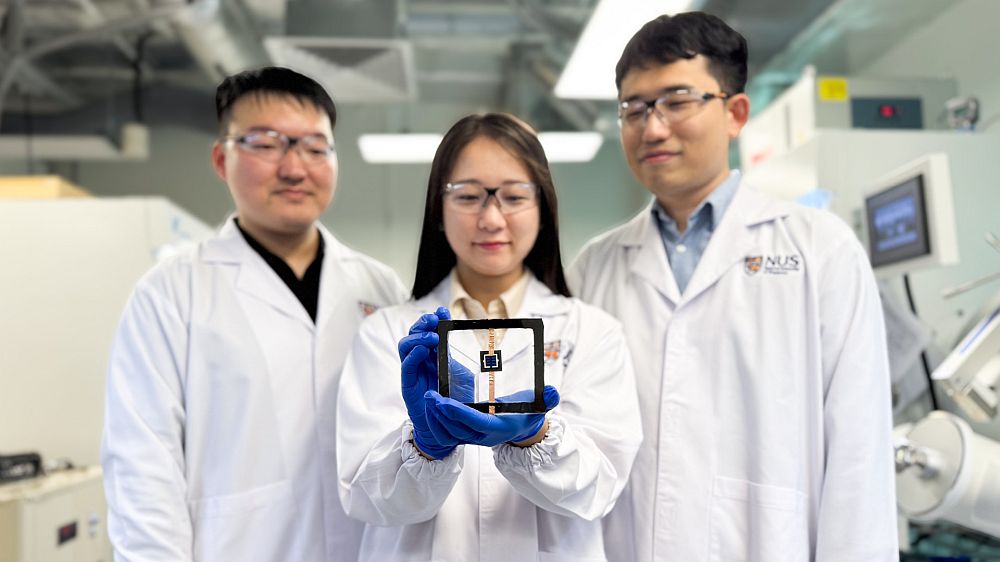(Editor’s note: This post has been modified from its original version to correct that the fuel cells referenced in this story are based on molten carbonate technology.)
No need to ask which came first – the fuel cell or the egg? The waste byproducts of a California egg factory farm were already a problem before Olivera Egg Ranch got together with G3 Power Systems to discuss the idea of using fuel cell technology powered by the farm’s biogas to provide power and heat for an egg facility near French Camp, Calif. Now, Olivera has in the works a 1.4 megawatt molten carbonate system manufactured by FuelCell Energy that will be powered by methane generated by an anerobic digester, which is in turn optimized by waste heat from the fuel cell.
The group says they hope to have the fuel cell–digester system running in about a year, when they say the fuel cell should be able to provide most of the power needs of the egg ranch. The system actually reduces the overall power requirements of the ranch because it eliminates the need for a separate boiler to provide heater for the digester.
Olivera Egg Ranch is a third-generation family farm producing approximately 14 million cartons of eggs per year for stores and restaurants in the San Francisco Bay Area. Founded in 1949, besides the French Camp ranch, the company has two other locations producing and distributing chicken, duck, quail and goose eggs. There is no word if fuel cell systems are contemplated at the other two facilities.
Energy benefits aside, this is probably a smart public relations move by Olivera. Although owner Ed Olivera says, “This pioneering fuel cell power plant project demonstrates my commitment to the environment,” his environmental commitment might be challenged by some of his neighbors and the Humane Society of America who are suing Olivera because the stench (and insects) coming from the open lagoon where the aforementioned wastes are stored.
Once the project is completed, Olivera will be eligible for a significant financial reimbursement from the State of California. California’ Self-Generation Incentive Program provides a subsidy of $4,500 per kilowatt for renewable biogas-based power generation, an amount that should translate into a check for $6 million to Olivera.
G3 Power Systems is a FuelCell Energy distributor that designs and installs turnkey systems. Besides digester gas systems, G3 has worked on landfill gas applications as well as more conventional data center power and cooling solutions
A news release says the sale of this power plant represents the first order by G3 under an agreement with FuelCell Energy. The latter will service the power plant under a five-year agreement.
“We have identified a number of opportunities in agriculture along with other commercial opportunities that are well suited for fuel cell applications and look forward to developing our relationship with FuelCell Energy to grow the market for fuel cells in California and other western states,” says Ray Brewer, G3 president.
FuelCell Energy had been having a fairly successful summer. In June, the company announced a $12.6 million deal to provide 2.8 megawatts to PG&E, a 300 kilowatt project for food processor in South Windsor, Conn., and a 600 kilowatt project for the Navy at a Groton, Conn. base.
CTT Categories
- Energy
- Environment


